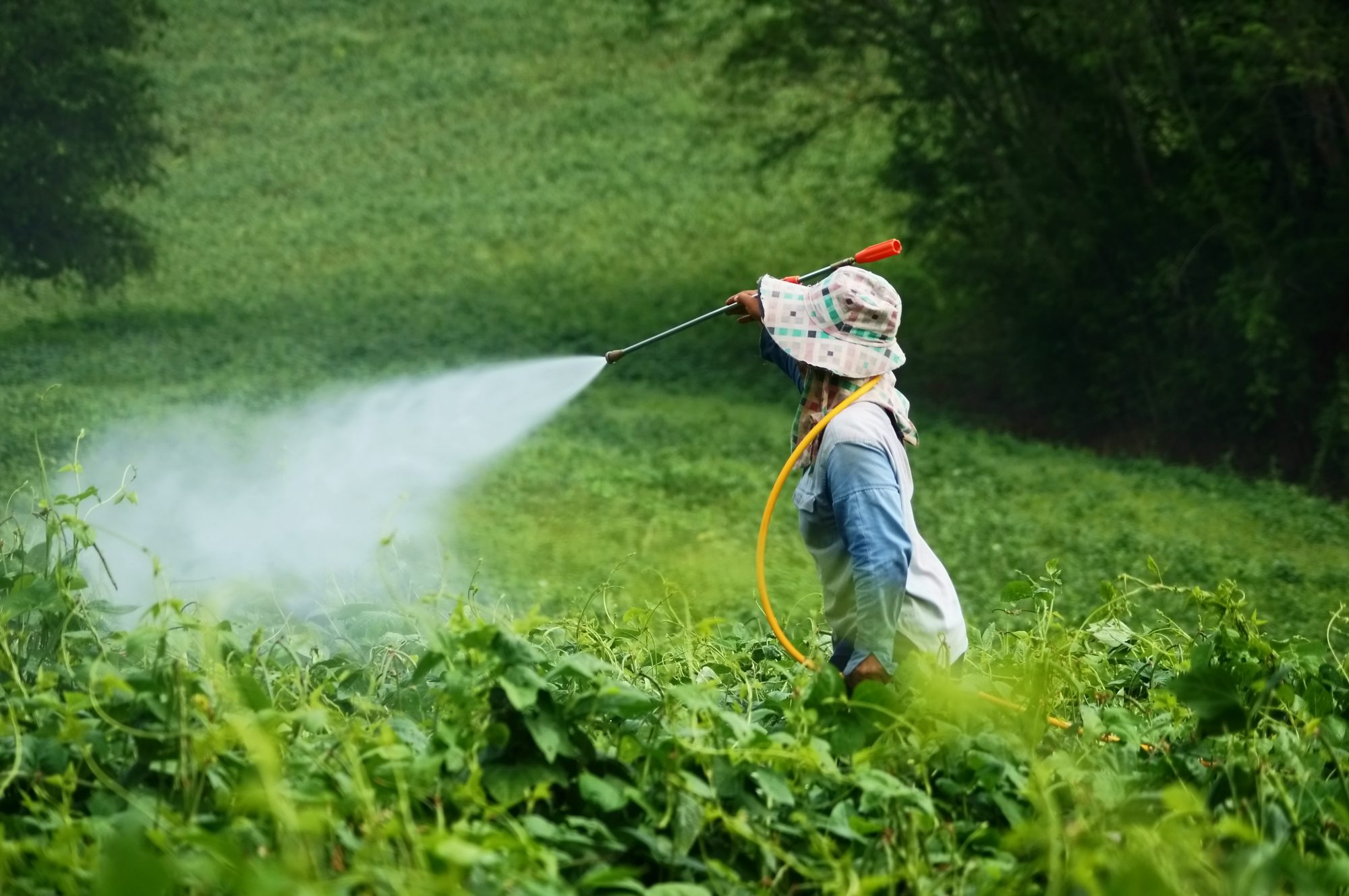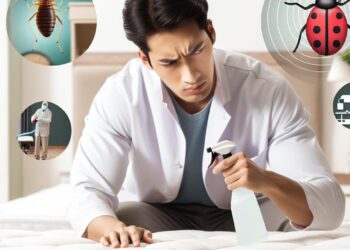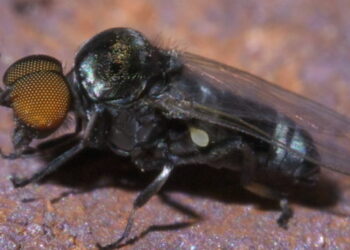You may have heard the phrase ‘if you don’t use it, don’t even think about it’. Well, these days the world is becoming a less and less green place. With increasing, industrialisation and urbanisation came higher levels of pollution in the environment. As a result, pests have started to proliferate to feed on the growing levels of greenery in our cities.
In an attempt to combat this rise, farmers began using pesticides to kill these pests before they could cause any harm. However, since then many negative effects on both humans and the environment have come about as a result of the overuse of pesticides.

Pesticides And Their Effect On Humans
Several studies have shown that pesticides are responsible for a considerable number of health problems such as cancer, birth defects, hormonal problems, and neurological disorders. Some of the particularly harmful pesticides are organophosphates, organochlorines, and neonicotinoids. Evidence has shown that when these pesticides are used on crops, then the resulting residues get into the food that we eat. When we eat food, it goes through several processes such as digestion and absorption.
All of these processes are greatly affected by the presence of pesticides. The pesticides get into our blood, tissues, and organs thereby resulting in adverse health effects. Epidemiological studies have shown that there is a significant link between the use of pesticides and increased cases of cancer. This could be because pesticides alter the cellular function of the human body. Pesticides also affect the reproductive system of the human body, thereby leading to an increased risk of choosing unhealthy partners.
Pesticides And Their Effect On The Environment
As pesticides become more and more popular due to the rise of industrialisation and urbanisation, the number of pests also increases. The pesticides that are used to combat these pests only succeed in harming other organisms such as birds, bees, and aquatic organisms.
This leads to serious environmental damage as a result of excessive pesticide use. Pesticides damage aquatic organisms such as frogs, fish, and other aquatic wildlife. These pesticides interfere with the hormonal function of these organisms, thereby damaging their reproductive system. This leads to a decrease in the population of these organisms.

Why Are We Overusing Pesticides?
Many pesticides are highly toxic to humans and are harmful to the environment. However, they have been very useful in combating pests that cause us harm while growing crops. The increased demand for food has increased the demand for pesticides. As a result, companies have begun manufacturing more pesticides to meet the growing demand.
However, many of these pesticides have harmful effects on both humans and the environment. Due to their highly toxic nature, these pesticides are not suitable for use on edible crops. As a result, the farmers have to plant a variety of crops to meet the demand for food. However, due to the highly toxic nature of many of the pesticides, these crops also end up being contaminated.
Long-Term Effects Of Pesticides On Humans
Several studies have shown that long-term exposure to several pesticides can lead to serious health problems. Some of these problems include an increased risk of cancer, birth defects, hormonal problems, and neurological disorders. Studies have shown that pesticides that are organophosphates can cause damage to the reproductive system of humans.
These pesticides can also cause damage to the central nervous system. This could be because these pesticides interfere with the function of the enzymes that are responsible for the regulation of the nervous system. Organochlorine pesticides can alter the hormonal function of the human body. This could result in an increased risk of choosing unhealthy partners during one’s reproductive life.
Short-term effects of pesticides on humans
The short-term effects of pesticides on humans could include headaches, dizziness, nausea, vomiting, respiratory disorders, skin rashes, and fatigue. Exposure to pesticides could lead to damage to the reproductive system of humans. This could be because pesticides are highly toxic and could interfere with the function of the hormones that are responsible for regulating the reproductive system.
The pesticides that are commonly used in farming could also cause damage to the nervous system of humans. This could be because pesticides can alter the function of the enzymes that are responsible for regulating the nervous system.

Long-term effects of pesticides on the environment
Besides damaging the human nervous system and the reproductive system of humans, pesticides can cause serious damage to the environment. Pesticides are highly toxic to aquatic organisms such as frogs, fish, and other aquatic wildlife.
These pesticides cause structural damage to the organisms and reduce their population. The pesticides that are commonly used in farming can result in serious damage to the soil. This could be because pesticides have highly toxic effects on the soil. As a result, the soil is not very fertile and could not be used for growing crops.
Ways To Protect Yourself From Harmful Chemicals
There are certain steps that you can take to protect yourself from harmful chemicals. First of all, when you are purchasing any kind of food, make sure that it does not contain any pesticides. You could also wash your fruit and vegetables before you consume them.
This can help to remove any pesticides that might be present in the produce. You could also grow your vegetables and fruit in your backyard. This would help to reduce the number of pesticides that you would come into contact with in the city. You could also make sure that you are keeping your household chemicals in a closed cabinet. This could help to protect your family from the harmful effects of harmful chemicals in the household chemicals.
Conclusion
Pesticides have become extremely popular due to the rise in urbanisation and industrialisation. However, due to their highly toxic nature, they are not suitable for use on edible crops. As a result, farmers have to use a variety of pesticides to make ends meet. These pesticides, however, have harmful effects on both humans and the environment.














